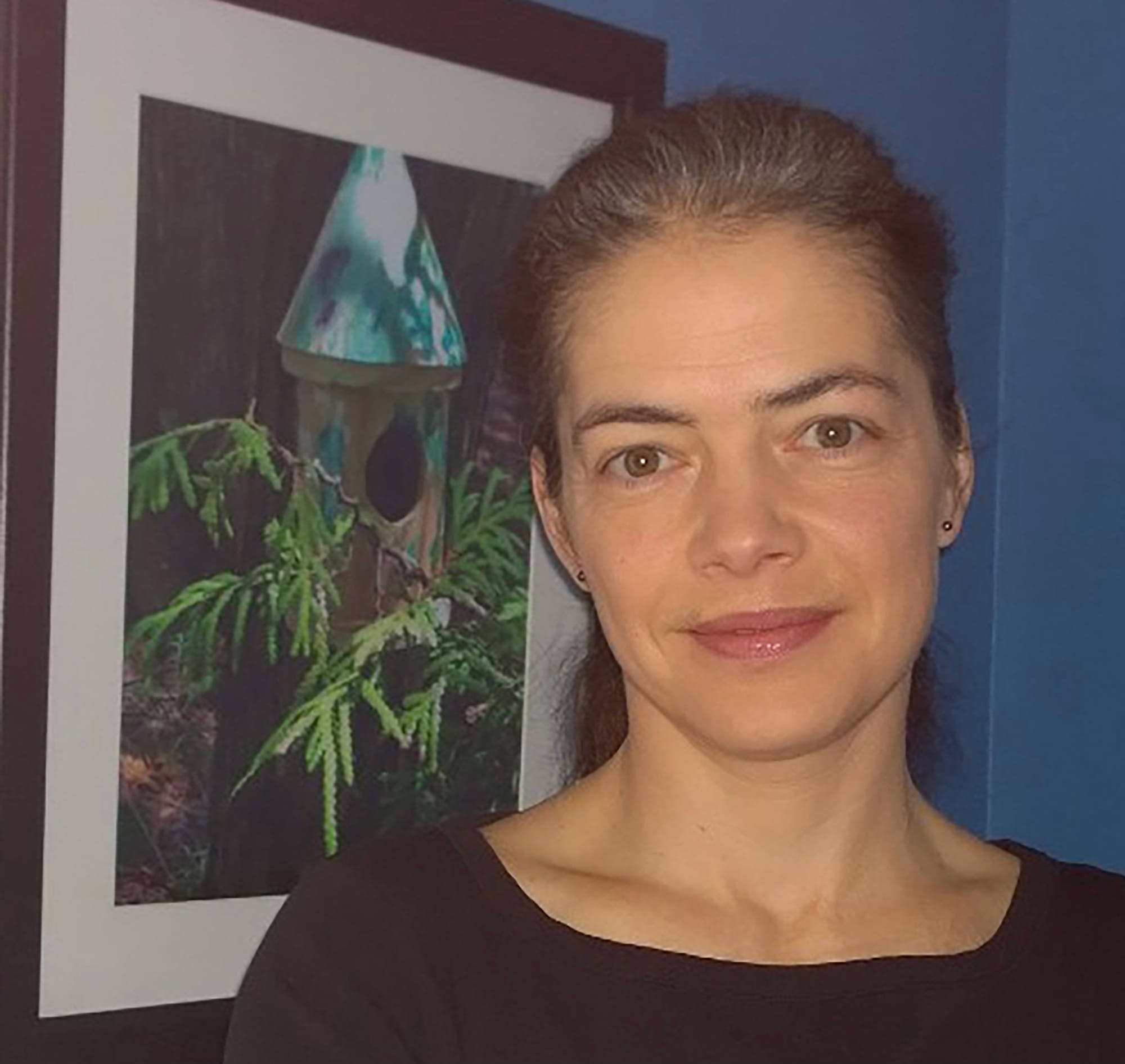I forget how it started but it was probably on Twitter. Amanda Parriag got in touch to ask whether I’d like to take part in a panel on white fragility November 10, as part of the Ask Women Anything series that is coming back in person — well, actually, in hybrid format — after two years of pandemic.
You know me; I’ve never met a microphone I didn’t like. So yeah, I said. Sure thing. I sat down with a stiff Diet Coke on a stage at Queen St. Fare downtown one Thursday night, which happened to be my birthday. I was ready.
I was paired with the awesome Debbie Owusu-Akyeeah and we answered a few questions that Amanda had prepared to get things going swiftly, before people on location and online started asking theirs. No sense beating about the bush. I like it when people forget small talk and go straight to the essential.
One of the first things I said is that despite what I look like, I don’t identify as white. To my mind, “white” in Canada means “from the British Isles” and I am 100% not that. I am mostly French with a touch of Huron-Wendat. My DNA is both oppressor and oppressed, but mostly the latter if you take into consideration the way the Brits mistreated the French, Quebec Act very much notwithstanding.
But of course — and I made sure to say this very clearly — I fully acknowledge that I am getting all the unearned privileges that white people get in Canada. This makes me somewhat conflicted on the inside, as you might imagine. (Something about which I wrote elsewhere, in case you’re interested.)
I got challenged by a Black person in the audience who said they grew up in Quebec and would consider me as being part of the oppressing side.
I agreed with them and said so. In Quebec, I am part of the majority, in a way I am not in Ontario. And I completely understand how this person sees me. But, I pushed back, how I identify is not up for discussion by others. And besides, none of that matters to the issue at hand.
White fragility is an expression of fear on the part of some white people who realize, with horror, that if they don’t ensure white people remain at the top of the food chain, so to speak, they’ll be discriminated against and treated badly including by institutions such as the police, the courts and the health care system. They know this because they see how minorities are being treated now. They do not care to be in a minority. White fragility, not to put too fine a point on it, is a clear recognition that BIPOCs aren’t treated as equal today and never have been. It’s just that instead of reacting by mending their ways some white folks react with anger, denying they’re racist.
Which is so not the point. Not being racist is kind of like not murdering people for fun. Something we should expect of everyone as the bare minimum. Given the history that we share, people who are white or white-passing have a responsibility — nay, a duty — not only to not be racist but to be actively anti-racist. Nobody cares how we feel. The only thing that matters is what we do.
The federal government has a whole-of-government approach to anti-racism. A national strategy, even. And that’s a very good thing even if, by itself, it doesn’t actually do much of anything. It remains policy and frankly it’s a lot better on paper than what most other countries have that I’m aware of. Now we have to work to make reality match the paper.
There are all kinds of resources out there on how to be a good anti-racist. One book that is highly recommended is Ibram Kendi’s. I’d be happy to highlight other recommendations if you have them.
What we can’t do, as white or white-passing folks, is put the onus on BIPOCs to tell us what to do. They don’t need to carry this burden. That one’s entirely on us. Each and every day, a little better than the day before. That’s how we’ll get there.
The only way to become worthy of unearned privilege is to make sure there is no longer any such thing.




